On the announcement of full co-education at Westminster School, Head Master Dr Gary Savage looks at reform, and "wanting to make something that is so good available to as many as possible".
For as long as I can remember, I have loved History – that beguiling attempt to make meaning from the past. When I was studying for my A Levels in the late 1980s, a fixture of the history syllabus was the so-called Great Reform Act of 1832. Celebrated by those of a ‘Whiggish’ bent as a milestone in our island’s storied ascent to the acme of representative democracy, the reality was rather different. Indeed, the ‘great’ Reform Act was a clever rearguard action on the part of vested interests to fuse new money with old and exclude the ‘great unwashed’ from those pockets of political power that had accrued to them over the preceding centuries. In short, it was an act of exclusion by those wielding power who were then able to write the history and solidify the myth of their own greatness. Beware that which beguiles, for it sometimes betrays!
One of the chief architects of the 1832 Reform Act was, in fact, an Old Westminster, Lord John Russell, third son of the sixth Duke of Bedford. Russell was a boarder in the school’s Grant’s House between 1802 and 1804 before his mother withdrew him as, alas, he found the school “a rough place.” Russell’s subsequent parliamentary career was a long and distinguished one, characterised by a tendency towards equality and inclusion, at least in matters of religion, the frontline in the culture wars of the nineteenth century. So in 1828 Russell played a leading role in the repeal of the Test Acts which discriminated against Catholics and Protestant dissenters. Four years later, he piloted the Reform Act, which ended the discrimination against new, urban and commercial money by regularising the franchise and the constituencies to ensure all those who might defend the status quo by virtue of having property were brought inside the tent, and all those without property were kicked out of it. In McCaulay’s famous phrase, this was “reforming to preserve” — but it was reform, nonetheless, of an ancient and enduring institution.
And here’s the rub. This week, one of the worst-kept secrets about Russell’s “rough place” is formally announced, namely that Westminster School is to become fully co-educational. The first girls will enter the Year 9 Fifth Form in September 2028, just after our current Fifth Form has left for pastures new. However, while none of our current pupils will see this reform for themselves, they will begin to see changes that will help us to imagine and prepare for this momentous change in the long history of our great school.
Now, some people might think we are going fully co-ed because of a lack of suitable applicants, or just to make money; in other words, we too are “reforming to preserve” and dressing this up in the beguiling verbiage of modernisation. This is not true. We are going fully co-ed because it’s a corollary of our history, values and ethos — seeking to offer the best possible liberal education to any bright child who would flourish here. To exclude anyone from that opportunity by virtue of their sex goes against this ethos, as would exclusion by wealth, or religion. Over the years we have done a lot to break down these barriers by the expansion of bursary places, by admitting girls into the sixth form, by promoting equity and inclusion. Now is the time to go further.
Rest assured, the reforms we plan for Westminster are not about repudiating the current model, but wanting to make something that is so good available to as many as possible — girls as well as boys; people with cognitive and learning differences, which of course are also gifts; people from all over the world, from different cultures, heritage, and faith. It’s that kind of multiplicity, complexity and richness that we want to strengthen over the coming years: an inclusive place where flourishing and learning converge in what we hope is a home away from home. A place where all stories are listened to and all voices are heard; a place we can all become the best versions of ourselves, by interacting graciously and generously with one another, united in scholarship, rigour and respect.
Is this reform of one ancient and enduring institution (Westminster School) more genuine, more progressive than Lord John Russell’s great reform of another (Parliament)?
I think so. And I hope you do, too.
Floreat!
Related News Stories
